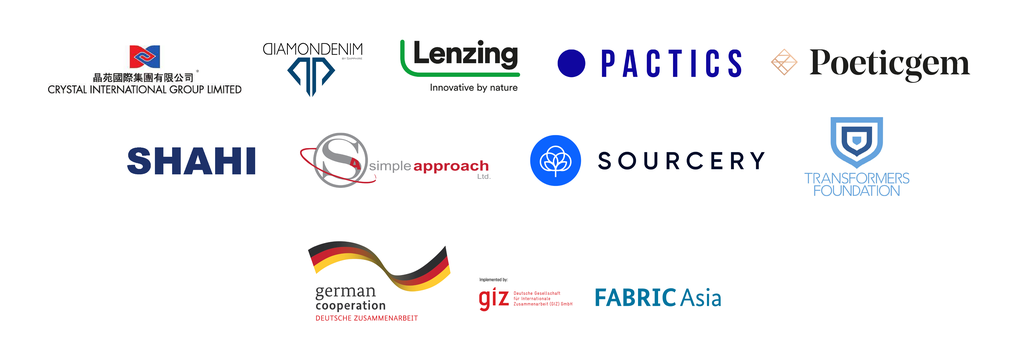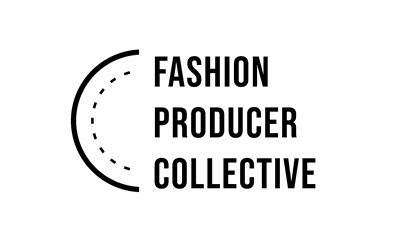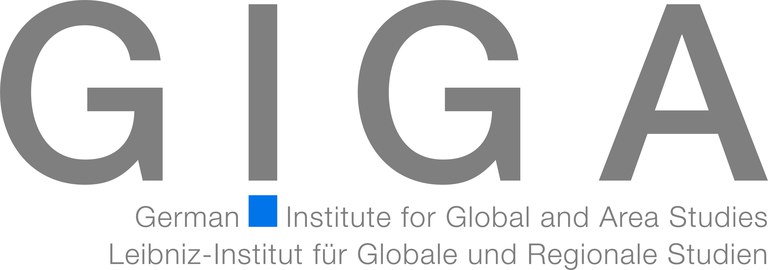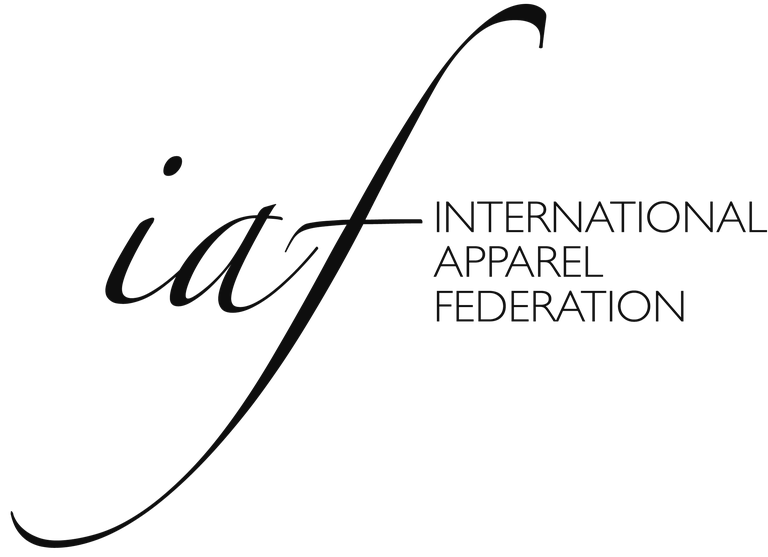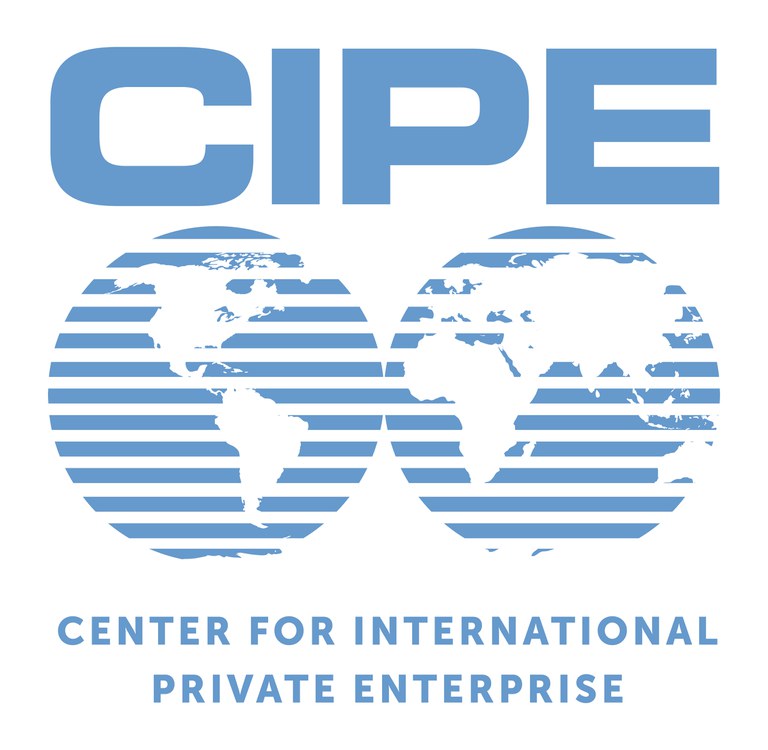An Apparel Supplier’s Guide 2.0:
Key Sustainability Legislation in the EU, US, and UK
This group of documents is intended to enable suppliers in the apparel value chain - and others who are seeking to better understand upcoming legislation - to better understand how impending sustainability-related legislation in the Global North will impact them.
FULL REPORT EXECUTIVE SUMMARY FACT SHEETS

Watch our launch webinar on Zoom on August 6th with session 10AM and session 4PM CEST for an overview of 15 of the most important upcoming sustainability-related legislative initiatives in the Global North and its implications for suppliers in the apparel value chain.
You will learn:
- Trends and highlights of upcoming legislation
- Recommendations on how to best approach these new laws and regulations
WHO COMMISSIONED THIS RESOURCE AND WHY?
This resource was initiated and led by suppliers across production tiers and locations facing many of the same challenges. Despite these shared challenges, rarely do suppliers come together to address these challenges collectively.
Specifically, this resource was commissioned by: Crystal International Group Limited, Diamond Fabrics Limited (Sapphire Group), Lenzing Aktiengesellschaft, Pactics Group, Poeticgem Group, Shahi Exports Pvt. Ltd., Simple Approach, Sourcery. In addition, this research was also supported by Transformers Foundation and GIZ FABRIC.
It is important to note the symbolic significance of this piece of work: this is a project initiated and led by fierce – and in some cases direct – commercial competitors. The entities commissioning this resource hope this inspires more apparel suppliers to join forces.

KEY IMPLICATIONS
- Responsible purchasing practices & shared responsibility requirements in CSDDD will foster more balanced trading relationships and integrating brands' purchasing practices into the risk equation.
- Multiple interpretations will lead to duplication of work for suppliers. This will be due to different brands interpreting legislations into different requirements and programs for suppliers, and varied interpretations of EU Directives for EU Member States.
- Increasing reporting requirements and data requests including full supply chain traceability and involvement in textile processing to meeting requirements of legislations such as ESPR.
- Potential legal implications for suppliers through UFLPA, EU Forced Labor Act, and German Supply Chain Due Diligence Act. Further, where suppliers are not legally liable, their customers/brands might seek to create this liability through contractual documents.

REFLECTIONS & RECOMMENDATIONS
- Suppliers can demand for fairer practices, through their collective voice, and learn from legislation in allied sectors like agriculture on unfair purchasing practices.
- Proactively discuss with your customers how they will implement legislation in the supply chain and prepare for requests to adopt third-party grievance tools. Aligning with OECD Due Diligence Guidelines and UN Guiding Principles may minimize some risk for suppliers.
- Advocate for industry bodies to drive commonality in audit requirements, and advocate for harmonization across Member States
- Map your supply chain and ensure you have documentation for orders as per UFLPA and EU FLA to prepare for potential detentions by Customs Authorities.
- ESG teams should engage and educate HR, legal, sourcing to shift mindsets from “compliance” to “due diligence”
- Develop stronger data gathering and management capacity (e.g. LCAs) and digitize where possible.
- Seek/onboard competent legal counsel, proactively prepare documentation in case of detentions by Customs Authorities.
- Push back on fines and penalties being offloaded by brands onto suppliers
If you are interested in supporting further research and factsheets, please get in touch.
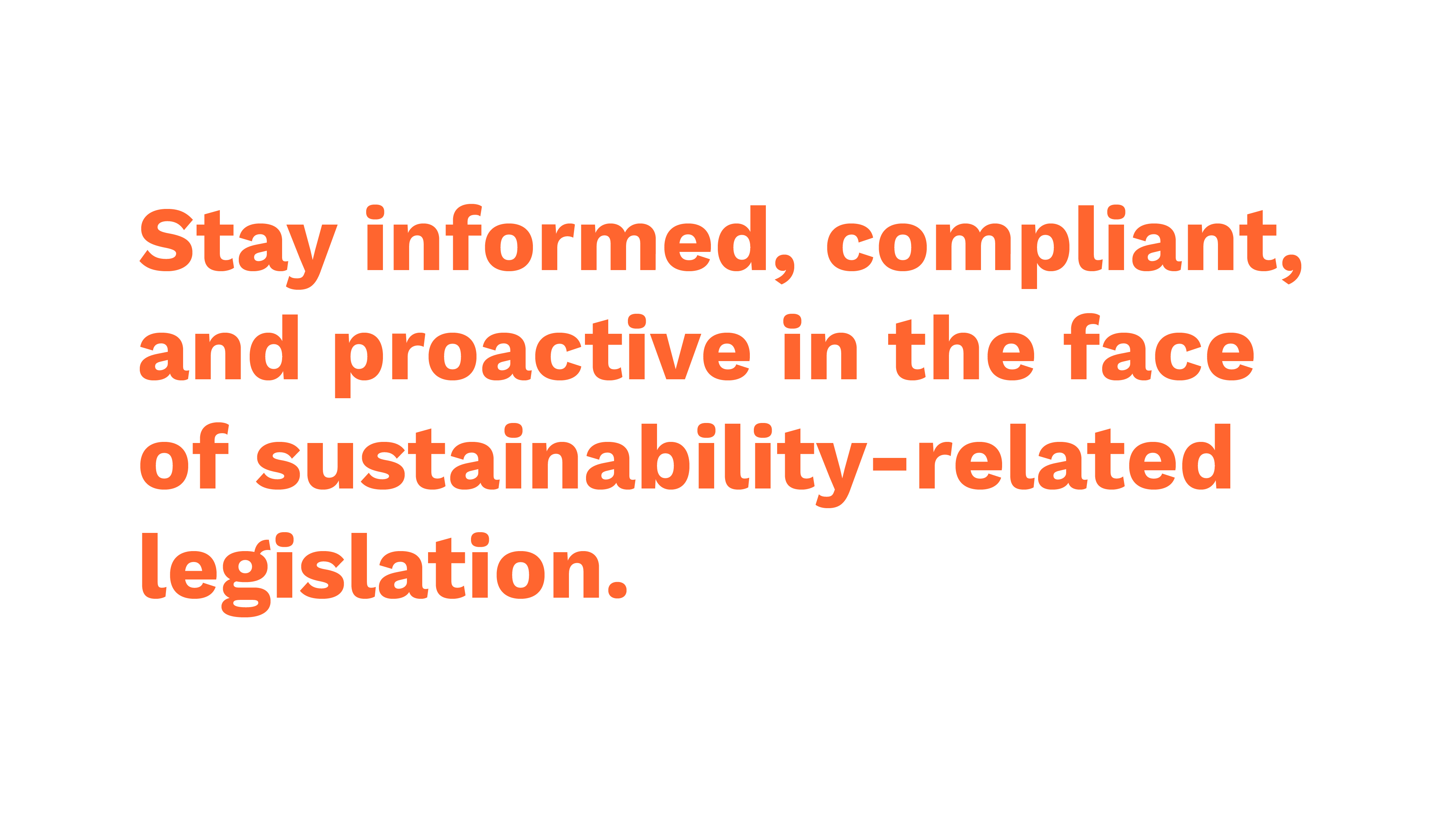
Stay ahead of the curve with the latest insights on sustainability-related legislation impacting the apparel industry. Our comprehensive report provides valuable information and guidance to companies operating in the apparel value chain.

